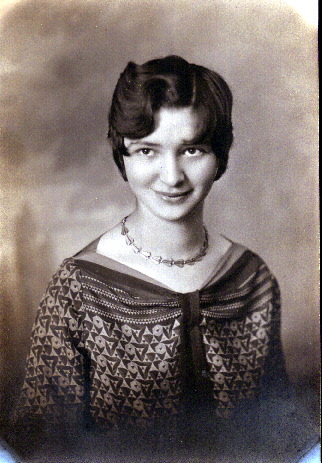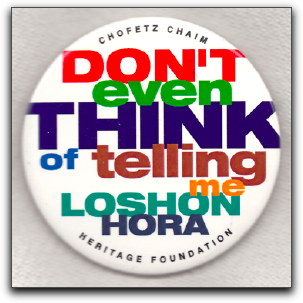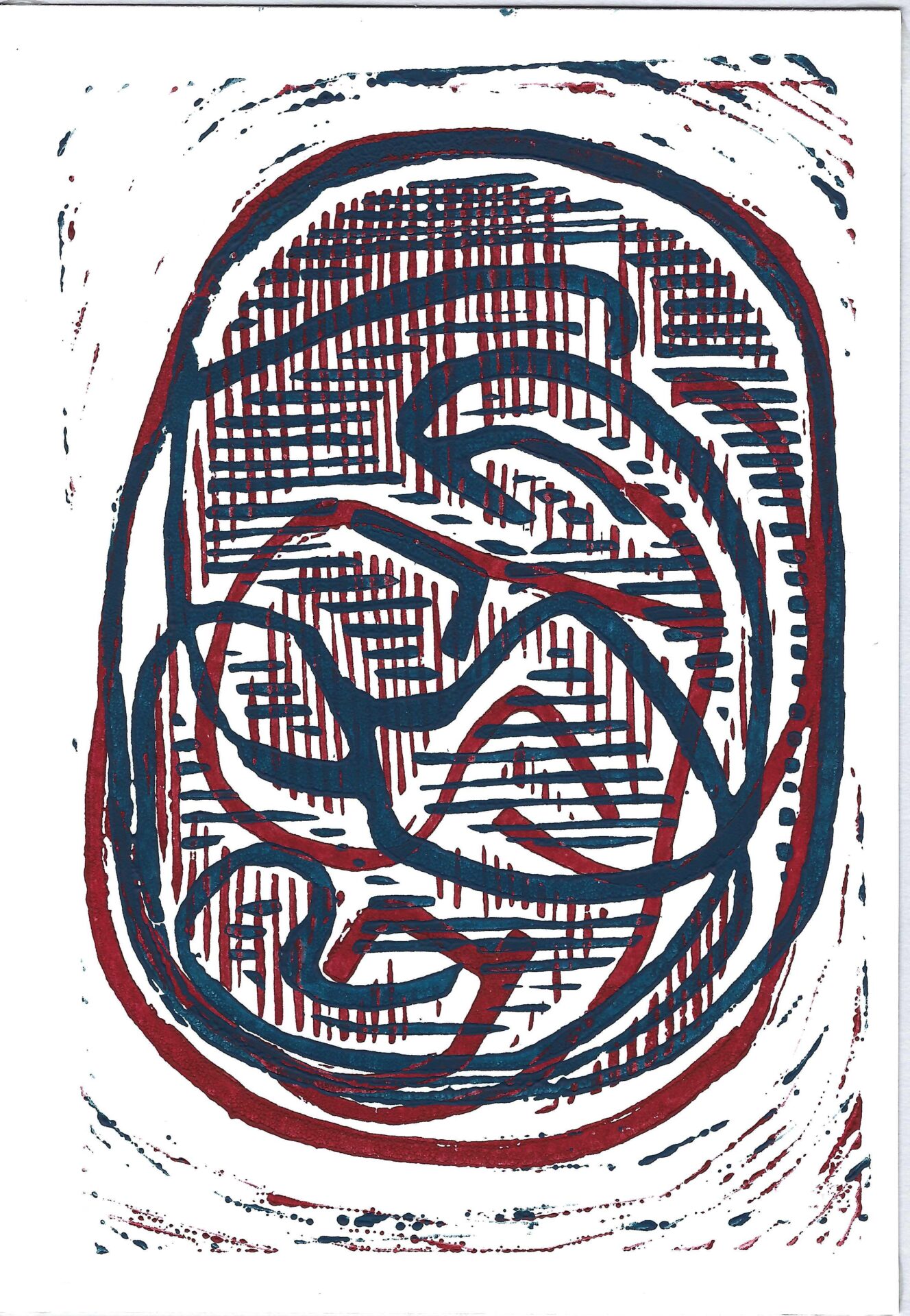I am not the first to use the phrase, but beginning on March 15, 2000 I began a file in which I collected our mother’s sayings. I will periodically share them here. One of her primary expressions was:
if you can’t say anything nice about someone,
don’t say it
It’s that simple.
Our mother was not a learned person. Though she graduated near the top of her class at John Hay High School in Cleveland, Ohio, in 1930, she went immediately to work to help put her brother William through college.

Faye Avrunin, high school graduation, 1930
Nonetheless, she was good and she was wise.
Mom would have a hard time finding things to complain about. In fact, the last few years of her life, when she lived at Seacrest Village, an independent living center near our home in Poway, her biggest complaint was about those people who always found things to complain about.
And, of course, if you are not to say anything not nice about someone, you certainly should not write it down, nor broadcast it on the radio, nor post it on the Web.
These thoughts came to mind as I learned that Dr. Laura Schlessinger had gone on a rant on her radio show on August 1, 2010. Schlessinger was never one of our mother’s preferred radio talk show hosts, far from it. Mom disliked Shlessinger’s politics, her perspective on social issues and her manner of interacting with her listeners. Nonetheless, Mom would have been just as upset, and disapproving, to see anyone depicted as Schlessinger is in this lapel button distributed at the Democratic National Convention in Los Angeles in August of 2000. Mom had a hard time imagining anyone being evil. But, even if one was evil… if you can’t say something nice, don’t depict it. There are better ways to express your disapproval.

Dr. Laura Schlessinger, fanged
| Date: | August 2000 |
| Size: | 8.7 |
| Pin Form: | safety |
| Print Method: | celluloid |
| Text | WASZUP.COM/DIGITALART.POLITICS Copyright, 2000 |
Waszup.com no longer exists as a Web address.
who is it that desires life?
Mom’s wisdom was not original to her. I would probably have saved sharing the following button for September 3, the 24th of Elul… the Yahrtzeit of the Chofetz Chaim, except for the timeliness of Dr. Laura Schlessinger’s remarks. I may be stretching the meaning of the phrase a bit (though a colleague shared a similar association), but it is interesting to see someone brought down because they seemingly did not know how not to tell Loshon Hora (that’s Yiddish, accent on the first syllable of each word; Lashon Hara in Hebrew, accent on the last syllable of each word).
engaging with others
I am intrigued by the the attitude expressed by this button. It presumes that the wearer is already not going to spread gossip. The button is a warning to others not to engage the wearer in this negative activity. As such there seems to be a bit of a “holier than thou” attitude expressed in it that is inappropriate:
I’m certainly not going to spread gossip, but I’m not sure about you, so be careful what you tell me.
Nonetheless, as we continue our approach to Rosh haShannah, it is good to keep in mind how easy it is to err in this way. לשׁון הרע is one of those errors that is explicitly mentioned in the al chet.
This button was produced by the Hoftez Chaim Heritage Foundation and distributed at the URJ biennial in 2001. If it was distributed by the Foundation, it is interesting that the Orthodox organization decided to spread its message at the Reform convention.

don’t even think of telling me loshon hora
| Date: | 2001 |
| Size: | 7.7 |
| Pin Form: | safety |
| Print Method: | celluloid |
| Text | CHOFETZ CHAIM
DON’T HERITAGE FOUNDATION |
your lapel buttons
Many people have lapel buttons. They may be attached to a favorite hat or jacket you no longer wear, or poked into a cork-board on your wall. If you have any laying around that you do not feel emotionally attached to, please let me know. I preserve these for the Jewish people. At some point they will all go to an appropriate museum. You can see all the buttons shared to date.


Mark! I was googling something and it brought me to a d’var torah of yours, and then your website! I am so delighted to see so many of your ideas, gathered into one place:) For the record, Phreddy and I also quote pirkei imahot frequently — our favorite passage is the one that says, “who is strong? one who cries.”
Thank you Blair. Our mothers have shared much wisdom through the years, wisdom that has rarely been collected and shared publicly. I’m glad you were able to add another morsel of wisdom to the corpus.